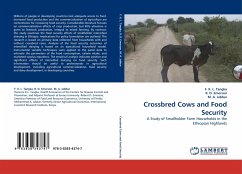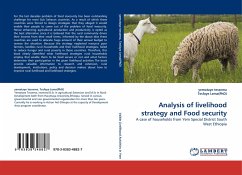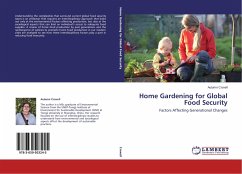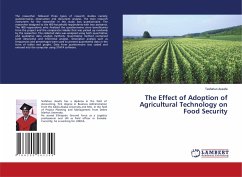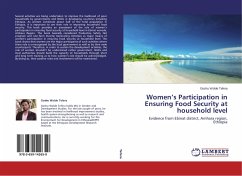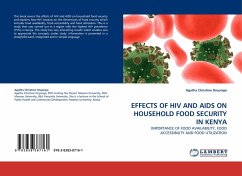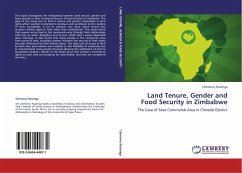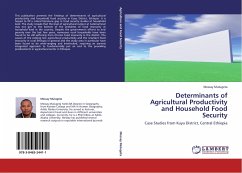Millions of people in developing countries lack adequate access to food. Increased food production and the commercialization of agriculture are cornerstones for increasing food security. Considerable literature focuses on commercialization effects of crop production, but little attention is given to livestock production, integral to mixed farming. By contrast, this study examines the food security effects of smallholder intensified dairying in Ethiopia. Implications for policy formulation are outlined. The research is based on primary data collected from households with and without crossbred cows. Analysis of the food security outcomes of intensified dairying is based on an agricultural household model. Instrumental variable techniques were applied to the panel data to estimate the parameters of the food consumption, calorie intake, and marketed surplus equations. The empirical analysis indicates positive and significant effects of intensified dairying on food security. Such information should be useful to professionals in agricultural development, including agricultural commercialization, food security and dairy development, in developing countries.
Bitte wählen Sie Ihr Anliegen aus.
Rechnungen
Retourenschein anfordern
Bestellstatus
Storno

